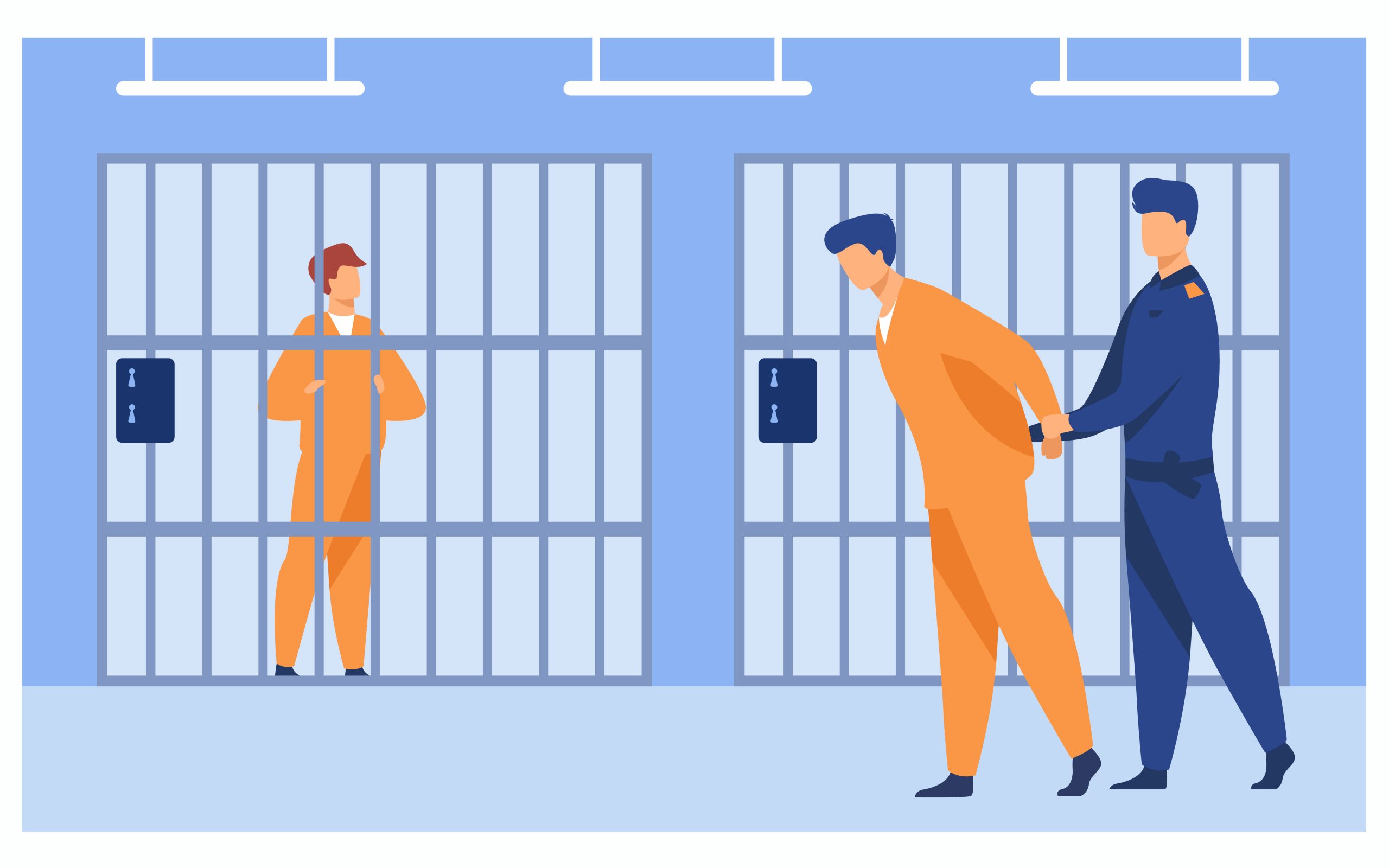News Highlights:
- Recently, the Supreme Court issued notice on the plea filed by digital media Journalist Manish Kashyap challenging the invocation of the National Security Act by the State of Tamil Nadu against him.
- The Bench expressed displeasure over the invocation of the NSA by Tamil Nadu against the YouTuber journalist.
National Security Act (NSA):
- Overview:
- The National Security Act was passed in 1980.
- The Indira Gandhi government introduced it through the ordinance route.
- The NSA is a preventive detention law which means it is used by the authorities to detain a person so that he/she may be prevented from committing a crime and/or escape future prosecution.
- Provisions of the National Security Act:
- The Act empowers the central and state governments to detain a person as a preventive measure for reasons of security of the state and/or public order.
- The person can be detained so as to prevent him/her from acting in any manner prejudicial to national security. The person needn’t be charged during the period of detention.
- The government can also keep a person in preventive detention to prevent him from disrupting public order or for the maintenance of supplies and services essential to the community.
- No suit or legal action shall be filed against the central or state government for anything done in good faith done in pursuance of the NSA.
- Period of Confinement:
- The detainee can be kept for up to 12 months.
- The period of detention can be extended if the authorities find adequate evidence.
- The detainee need not be informed of the reason for his/her detention for up to five days and, in exceptional circumstances, for up to ten days.
- Grounds for detention under NSA:
- Acting in any manner prejudicial to the defence of India, the relations of India with foreign powers, or the security of India.
- Regulating the continued presence of any foreigner in India or making arrangements for his expulsion from India.
- Preventing them from acting in any manner prejudicial to the security of the State or from acting in any manner prejudicial to the maintenance of public order, or from acting in any manner prejudicial to the maintenance of supplies and services essential to the community is necessary so as to do.
- Establishment of National Security Council(NSC):
- The act also provides for the constitution of a National Security Council, which advises the Prime Minister on matters relating to national security.
- The NSC in India is a high-level body that advises the Prime Minister of India on matters related to national security, strategic policy, and defence.
- It is a three-tiered organisation that oversees political, economic, energy and security issues of strategic concern.

Criticism of the National Security Act:
- Power Misuse:
- One of the significant challenges of the NSA is its potential misuse by the authorities.
- The law allows the government to detain individuals for up to a year without trial.
- This power can be easily misused by the authorities to suppress dissent or target political opponents.
- Transparency Issues:
- Another challenge with the NSA is the lack of transparency in the detention process.
- Detainees are often not informed of the grounds for their detention, and the detention orders are not made public.
- This lack of transparency can lead to abuse of power by the authorities.
- Violates fundamental rights:
- Critics have argued that the law is unconstitutional and violates fundamental rights guaranteed under the Indian Constitution.
- The Supreme Court of India has also struck down several detention orders issued under the NSA.
- Less effective:
- While the NSA is intended to prevent threats to national security, its effectiveness is limited.
- Detaining individuals without trial may not necessarily prevent the threat, and in some cases, it may even exacerbate the problem by radicalising individuals.
- Human Right violation:
- The NSA, if misused, can lead to a violation of human rights.
- The law provides for preventive detention without trial, which can be seen as a violation of the right to a fair trial, freedom of expression, and personal liberty.
Pic Courtesy: Freepik
Content Source: The Indian Express



